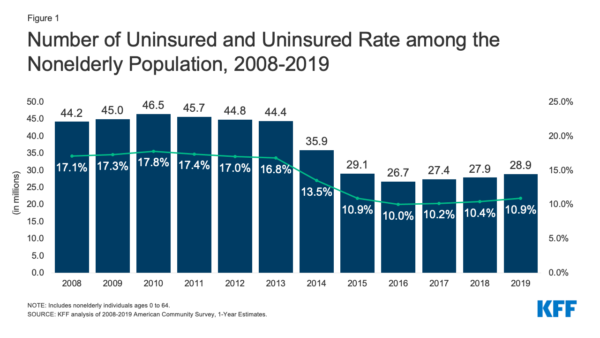
Cybersegurity researchers have found a cube of Amazon S3 of Malconfigured who exposed personal identification information (PII) of more than three million elderly people. UU
Discovered by researchers in Wizcase, the cloud storage cube belonged to SenhAdvisor, which describes itself as the larger ratings and reviews for high-level care and services in all the United States and Canada.
The badly configured bucket contained more than 180 GB of data, exposing the names and contact details of more than three million people.
“The cubes Misconfigure Amazon S3 are with frequent problems and this highlights that the owners of sites are clearly not aware of the scale of this vulnerability, especially when the data is not encrypted, pointing towards potentially catastrophic results. These S3 cubes allow people Configure them, but notoriously people weaken or even omit security incorporated for several reasons, which makes them vulnerable, “says Jake Moore, specialist in cybersecurity in ESET.
Wizcase extended Senior Affortorvisor and the company has since secured the cube.
Mature for fraud
Describing his finding, researchers point out that cube S3 was accessible to anyone on the Internet and information within it was not encrypted.
According to its analysis, most of the exposed data were in the form of potential customers, and included the contact details of the potential customers that Wizcase assumed were allocated through several emails or telephone campaigns.
The information also listed the dates in which users were contacted, which ranged between 2002 and 2013, although the files themselves were marked on margin 2017.
In addition to the PII, Wizcase also discovered about two thousand criticisms that were scrubbed from the details of the user. However, all revisions had a lead identification, which could be used to eliminate the details of users effortlessly.
Citing an FTC report, Wizcase argues that people in the age group of 60-69 lost $ 600 per scam on average, and the figure increased to $ 1700 per scam on average average for people in the age group 80-89
In particular, the report found that older adults were more likely to fall into a wide variety of scams, including technical support scams, scams of awards / raffles, online shopping scams and telephone scams; All of which could be perpetrated using the PII in the filtered database.



